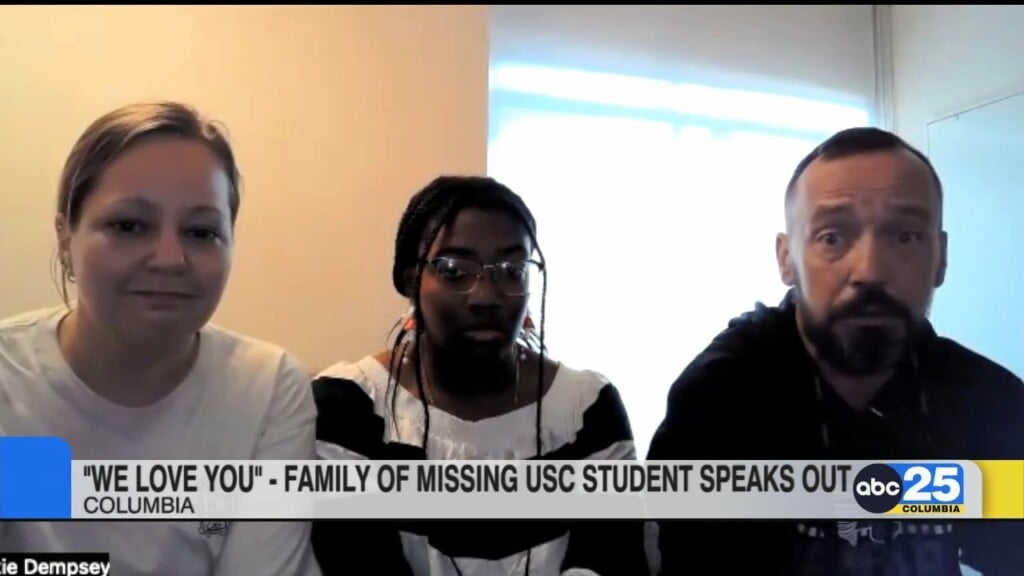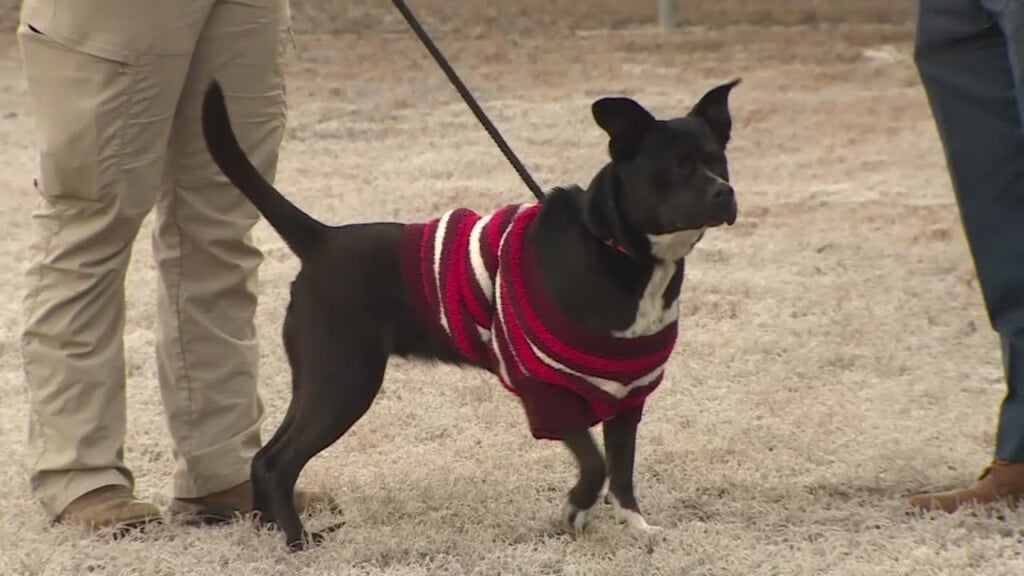‘Suits and Sneakers’ event brings awareness to fighting cancer in S.C.
On Wednesday, there was a group at the State House wearing tennis shoes to encourage legislators to make fighting cancer a priority.
Columbia, S.C. (WOLO) — More than 30,000 people in South Carolina are estimated to be diagnosed with cancer this year. More than 10,000 will day. On Wednesday, there was a group at the State House wearing tennis shoes to encourage legislators to make fighting cancer a priority.
It was part of the annual ‘Suits and Sneakers’ event, organized by the American Cancer Society Cancer Action Network (ACS CAN).
Shoes lined the State House steps, to symbolize people who have recently been diagnosed with cancer in South Carolina.
“They will look at those shoes and they will say you know what, that was someone’s mom. That was someone’s dad. They’ve been impacted by cancer, and I want to help. I want my voice to be heard. We want to reduce the cancer burden in our state,” said Beth Johnson, Government Relations Director with ACS CAN.
Cancer patients, survivors and their families are urging legislators to help in the fight against cancer.
“These advocates are so passionate. They have taken a day off, they have come from all around the state, and they’re here to say I’m a cancer survivor. I don’t want anybody else to ever hear the words ‘you have cancer.,” said Johnson.
“I think the one thing is the funding part of it The funding that they need to make sure that cancer; each student, each parent, each caregiver is taken care of. But also the research in cancer,” said Fred Applin, Head Coach of the women’s basketball team at Charleston Southern University. He’s also a prostate cancer survivor.
Advocates are voicing their support for the Skin Cancer Prevention Act, which would prohibit those under 18 from using a tanning bed.
“We have seen a spike in numbers for incident and mortality rates for melanoma, which is one of the most deadliest types of skin cancer,” said Johnson.
Cancer has no boundaries, so it’s important to see your doctor because early detection is key.
“The disease didn’t know my name, didn’t know my race, didn’t know my family. Cancer can attack anybody at any given time,” said Applin.

